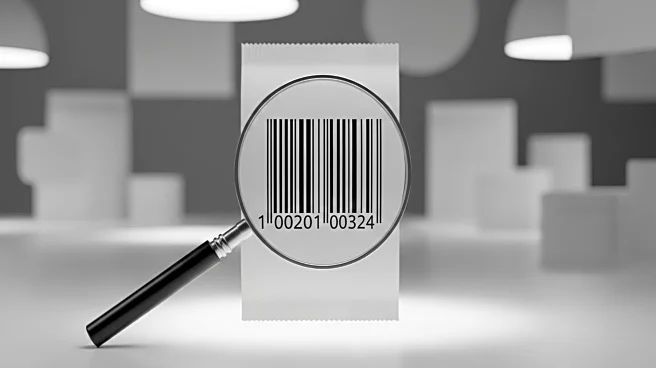What's Happening?
Walmart's online marketplace, a key component of its strategy to compete with Amazon, has been scrutinized for its handling of third-party sellers and counterfeit goods. A CNBC investigation revealed that Walmart had relaxed its vetting process for sellers, leading to the sale of counterfeit and potentially dangerous products. The investigation found instances of sellers using stolen business identities to set up accounts and sell fake health and beauty items. Walmart has stated that trust and safety are priorities and has implemented changes to its vetting process, particularly for beauty and personal-care products, following the investigation.
Why It's Important?
The findings highlight significant challenges in the e-commerce sector, particularly regarding the sale of counterfeit goods. This issue affects consumer trust and safety, as well as the reputation of major retailers like Walmart. The situation underscores the need for stricter regulations and more robust vetting processes to protect consumers and legitimate businesses. The changes Walmart has made could set a precedent for other online marketplaces, potentially leading to industry-wide improvements in seller verification and product authenticity.
What's Next?
Walmart's recent policy changes may lead to a reduction in counterfeit goods on its platform, but ongoing vigilance and further adjustments may be necessary. The company might face increased scrutiny from regulators and consumer protection agencies, prompting additional reforms. Other e-commerce platforms could also be influenced to enhance their own vetting processes to avoid similar issues. The broader industry may see a push for more comprehensive regulations to address the sale of counterfeit goods online.









